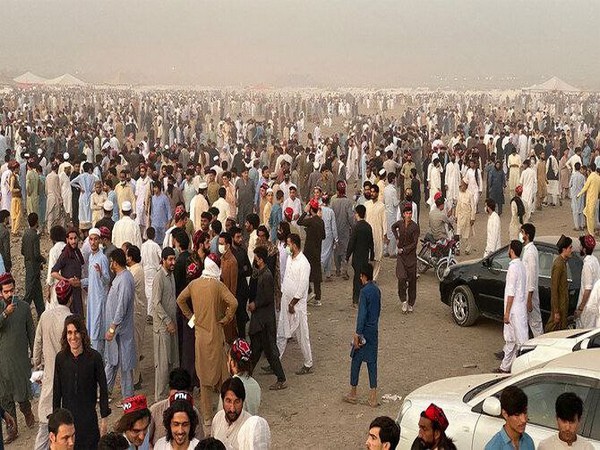Pashtun Justice Tribal Jirga: A Call for Rights and Security Amidst Rising Tensions
The Pashtun Justice Tribal Jirga commenced in Khyber Pakhtunkhwa despite initial delays, gathering thousands to discuss discrimination and security issues faced by the Pashtun community. Key leaders called for action against government pressures as international voices criticized the suppression of peaceful protests and challenges to the Pashtun Tahaffuz Movement.

- Country:
- Pakistan
The much-anticipated Pashtun Justice Tribal Jirga finally commenced in Khyber Pakhtunkhwa after a delay, drawing a crowd from across Pakistan. The event seeks to address systemic issues faced by the Pashtun community, including government discrimination and security concerns reported by Tolo News.
Manzoor Pashteen, leading the charge as head of the Pashtun Tahaffuz Movement (PTM), expressed frustration over the current landscape that Pashtun leaders endure. He detailed the pressures leading up to the Jirga and highlighted the importance of solidarity among political leaders gathered to combat regional violence.
Pashtuns, one of Pakistan's largest ethnic minorities, regularly experience severe discrimination, documented instances of violence, and a lack of government attention to their grievances. The gathering coincides with increased violence against the community, including a recent deadly attack in Balochistan.
Political figures such as Maulana Fazlur Rehman have also joined the discourse, emphasizing critical concerns over security and rights. Rehman's influence underscores the Jirga's significance and demands for Pashtun rights, amid international criticism from bodies like Amnesty International about Pakistan's approach to dissent and peaceful assembly.
Amnesty International condemned the Pakistani government's restrictions on PTM, marking it as a proscribed organization right before the scheduled Jirga, viewing it as a broader clampdown on dissent. The NGO highlighted longstanding suppression tactics by authorities, including wrongful force and media censorship targeting marginalized regions.
(With inputs from agencies.)










